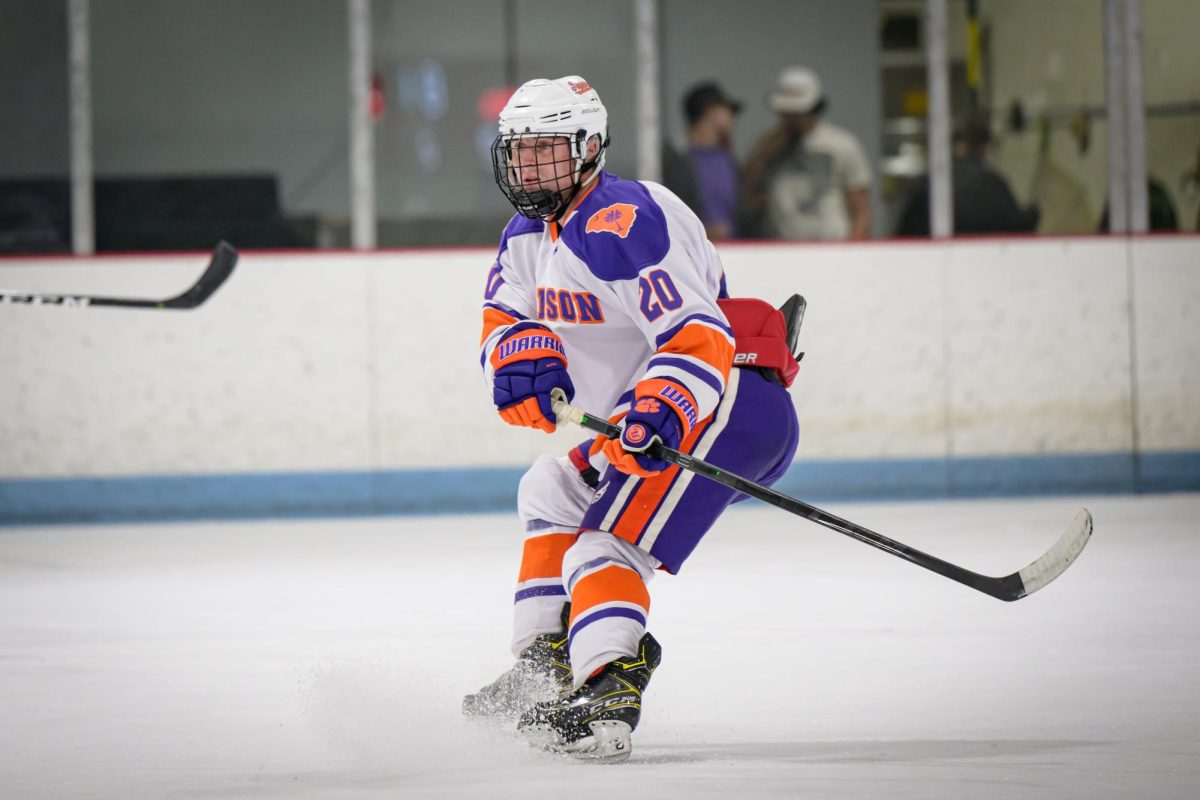With a streak of 15 consecutive wins away from Doug Kingsmore Stadium, Clemson baseball hit the road again for a three-game series against Georgia Tech this past weekend.
In the fourth ACC series of the year, the Tigers defeated the Yellow Jackets 2-1 to improve to 24-5, 10-2 in conference play.
One of the problems for the Tigers entering this series was their seemingly lacking the ability to create run support for Friday night starter Charlie Barnes.
Prior to the Boston College series, Clemson had only scored 11 runs on Friday nights and seven of those were against non-conference opponents Wright State
and Elon.
The Tigers have also been shut out completely on Fridays twice this season: once against Virginia and once again by South Carolina.
Both of the pitching staffs for those teams are highly talented so it isn’t a huge surprise that Clemson has struggled against some of the top arms in the country.
However, what is surprising is how they have struggled.
Normally, Clemson hitters are extremely disciplined at the plate, as shown by their impressive strikeout-to-walk ratio. Against these teams on Fridays, it appears to be a different story.
The Tigers are more prone to strikeouts and they struggle to come up with hits from runners in scoring position. For example, against Virginia and South Carolina, Clemson left a combined 18 runners on base.
This proves the Tigers’ issues are not necessarily being able to get hits or work walks against top pitchers, but they are having problems coming up with them in the critical situations.
Barnes has been a star for Clemson’s pitching staff. In the two shutouts, he only gave up a combined two earned runs yet was handed two losses due to lack of offensive output.
With returning National Player of the Year Seth Beer and other powerful hitters like Chase Pinder and Chris Williams, it is surprising that Clemson has been
struggling on the offensive side of the plate.
Against a struggling Boston College starter, the Tigers were able to rack up eight runs for Barnes in that series and get an easy 8-2 victory.
Then against Georgia Tech on Friday, Clemson had their most productive night at the plate all season, acquiring 18 hits to score 11 runs.
It would have seemed some of their struggles were over. However, the same things came up again. This time it was during a Saturday matchup that could have potentially secured another ACC series win for the Tigers.
Reigning ACC Pitcher-of-the-Week Alex Eubanks was getting squared up by Georgia Tech and the Tigers needed offensive production to make up for it.
Once again, Clemson was unable to come up with hits in the key moments in the game.
They were only able to scratch across one run in the game and only five hits.
Coming into the season, the question for the Tigers was whether or not the pitching staff would be able to anchor the team and give them a chance to compete at a high level. They have answered the call and have helped lead the Tigers to their best start since 2002.
Now the concern is the inconsistency on offense.
One of the reasons the numbers from this time last year are down
is that the Tigers are not hitting as many long balls as they did a season ago.
Head Coach Monte Lee has played smaller ball this year, taking advantage of using bunts to get runners into scoring position.
With the loss of Chris Okey, it is to be expected that the power numbers will fall. In recent weeks, they have seen a slight increase again with the return of Williams to the Tiger lineup.
Andrew Cox has also hit multiple homeruns this year to help add to the totals. Homeruns are a huge part of the Tigers’ identity as a team and those power hitters set the tone for the success of the program as a whole.
If the Tigers want to continue to succeed as they continue down the road into the heart of their schedule, they have to figure out the cause of these
offensive inconsistencies and address them sooner rather than later.








